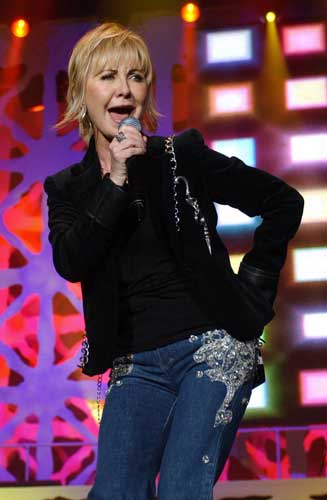Glasgow's music scene recognised with rare honour from Unesco

Your support helps us to tell the story
From reproductive rights to climate change to Big Tech, The Independent is on the ground when the story is developing. Whether it's investigating the financials of Elon Musk's pro-Trump PAC or producing our latest documentary, 'The A Word', which shines a light on the American women fighting for reproductive rights, we know how important it is to parse out the facts from the messaging.
At such a critical moment in US history, we need reporters on the ground. Your donation allows us to keep sending journalists to speak to both sides of the story.
The Independent is trusted by Americans across the entire political spectrum. And unlike many other quality news outlets, we choose not to lock Americans out of our reporting and analysis with paywalls. We believe quality journalism should be available to everyone, paid for by those who can afford it.
Your support makes all the difference.It is nearly two decades since Glasgow was crowned European City of Culture. The rest of the world may have sneered but Clydeside was about to give other urban centres around the globe a master class in how the arts could help ease the choppy passage into the post industrial age.
Today Glasgow is revelling in its latest accolade as it is named a world centre of music by Unesco, the United Nations cultural organisation.
News leaked out, sweetly enough, in the beating cultural heart of its old rival at the Edinburgh Fringe during a visit by the Unesco director general Koïchiro Matsuura.
Announcing the initiative, part of the Creative Cities Network, he said: "We at Unesco believe that culture not only makes an economic contribution, it provides meaning, and a sense of identity and continuity that is integral to the life of all societies".
Mr Matsuura will make the journey west to confirm the choice at a civic reception later today. The official announcement will elevate Glasgow alongside the previous recipients Seville, and Bologna, home of the composer Rossini.
The former shipbuilding capital has long celebrated its unique ability to produce the very best in musical talent. In the world of popular music, few cities, excluding perhaps Liverpool or Manchester, can claim to have churned out quite such a glittering array of stars.
In the 1960s, Lulu topped the charts at the tender age of 15 with "Shout", and now aged 60 is still performing. In 1970 there was the Sensational Alex Harvey Band and in the 1980s there was Orange Juice and Del Amitri.
Today Franz Ferdinand, Travis, Belle and Sebastian and most recently Glasvegas have confirmed the city's musical heritage.
The annual Celtic Connections festival has become an acclaimed fixture in the folk and traditional music calendar, drawing fans from around the world.
Enjoy unlimited access to 100 million ad-free songs and podcasts with Amazon Music
Sign up now for a 4 month free trial (3 months for non-Prime members)
Enjoy unlimited access to 100 million ad-free songs and podcasts with Amazon Music
Sign up now for a 4 month free trial (3 months for non-Prime members)
The Glasgow Royal Concert Hall opened to coincide with the Capital of Culture year, replacing the St Andrew's Hall which was destroyed by fire in 1962. Since then leading international orchestras have played there including the Moscow State and the Vienna Philharmonic. Glasgow now bills itself Scotland's "classical powerhouse" as home to the Royal Scottish National Orchestra, the Royal Scottish Academy of Music and Drama, Scottish Opera, the BBC Scottish Symphony Orchestra and the National Youth Orchestra.
Scotland is now the only nation in the world with two Unesco Creative Cities. Edinburgh became City of Literature in 2004.
The title is expected to bring a major boost to tourism and business when events begin in 2009. It comes with a high-powered delegation travelling to Unesco's Paris headquarters earlier this summer to deliver a 50-page document outlining the case for Glasgow.
The dossier pointed out that in a typical week the city would host 127 music events, with the music industry worth an estimated £74.6m to the local economy employing 2,922 people.
The bid received the support of Prime Minister Gordon Brown and the Scots violinist Nicola Benedetti.
Join our commenting forum
Join thought-provoking conversations, follow other Independent readers and see their replies
Comments